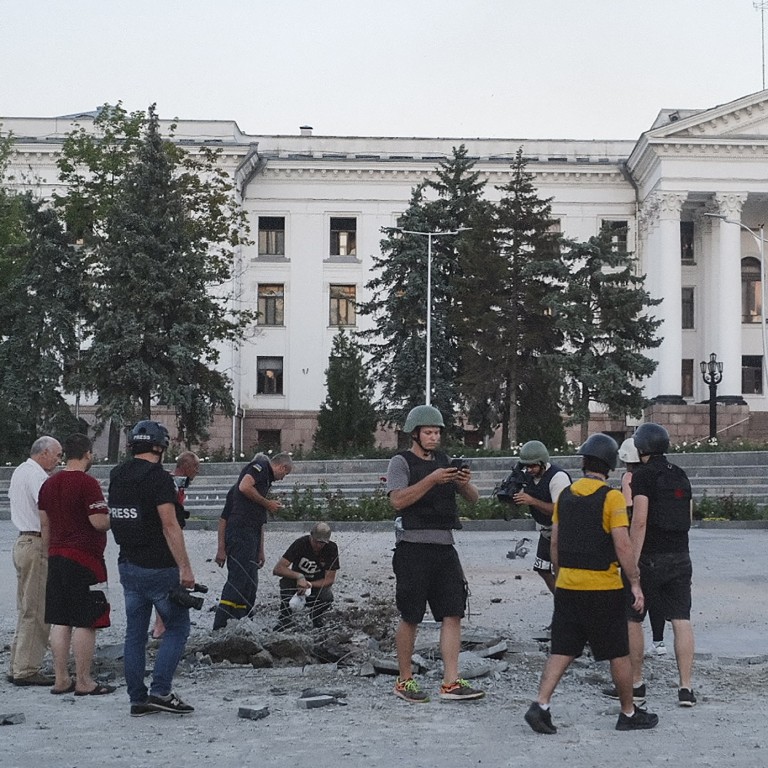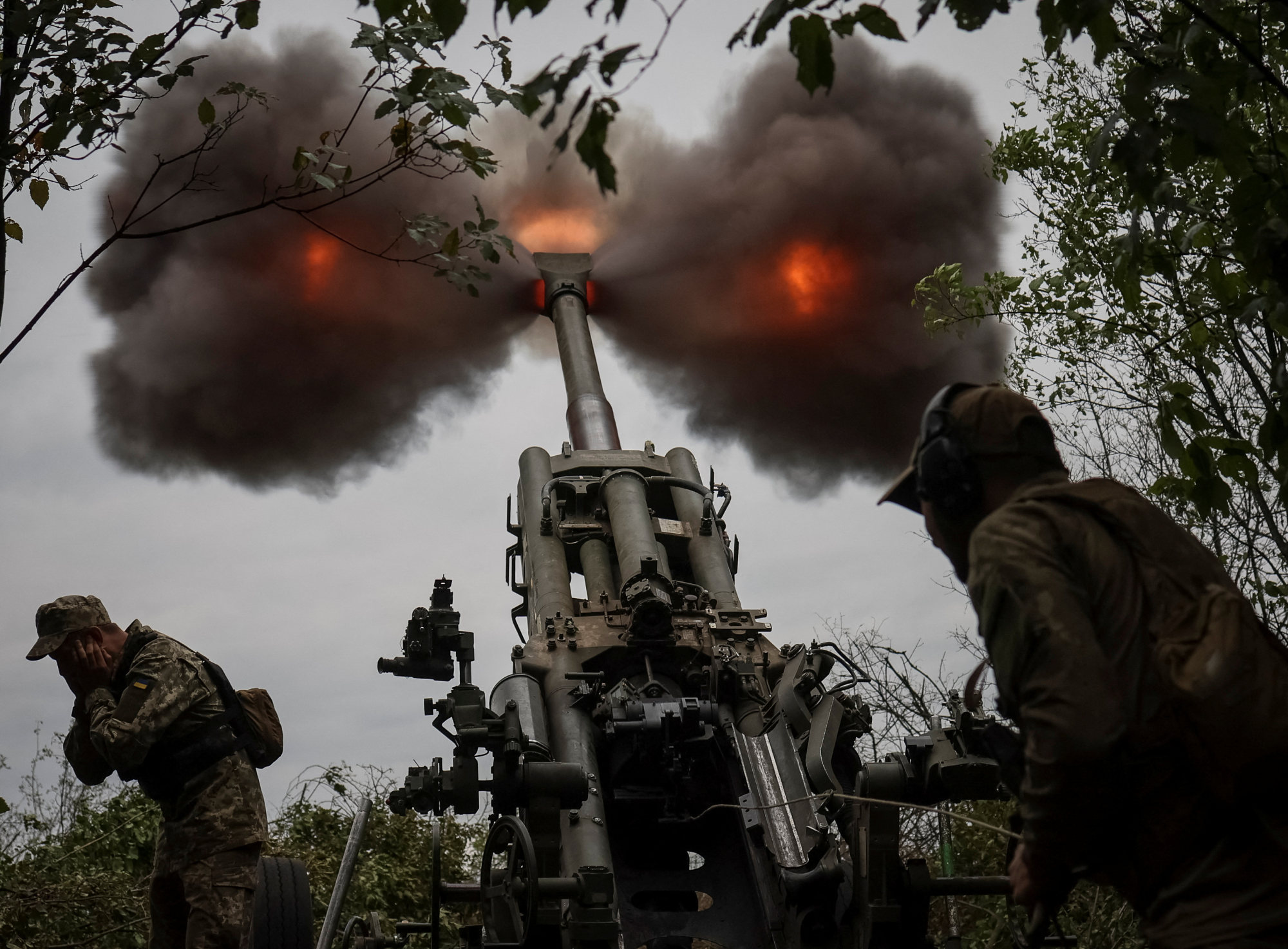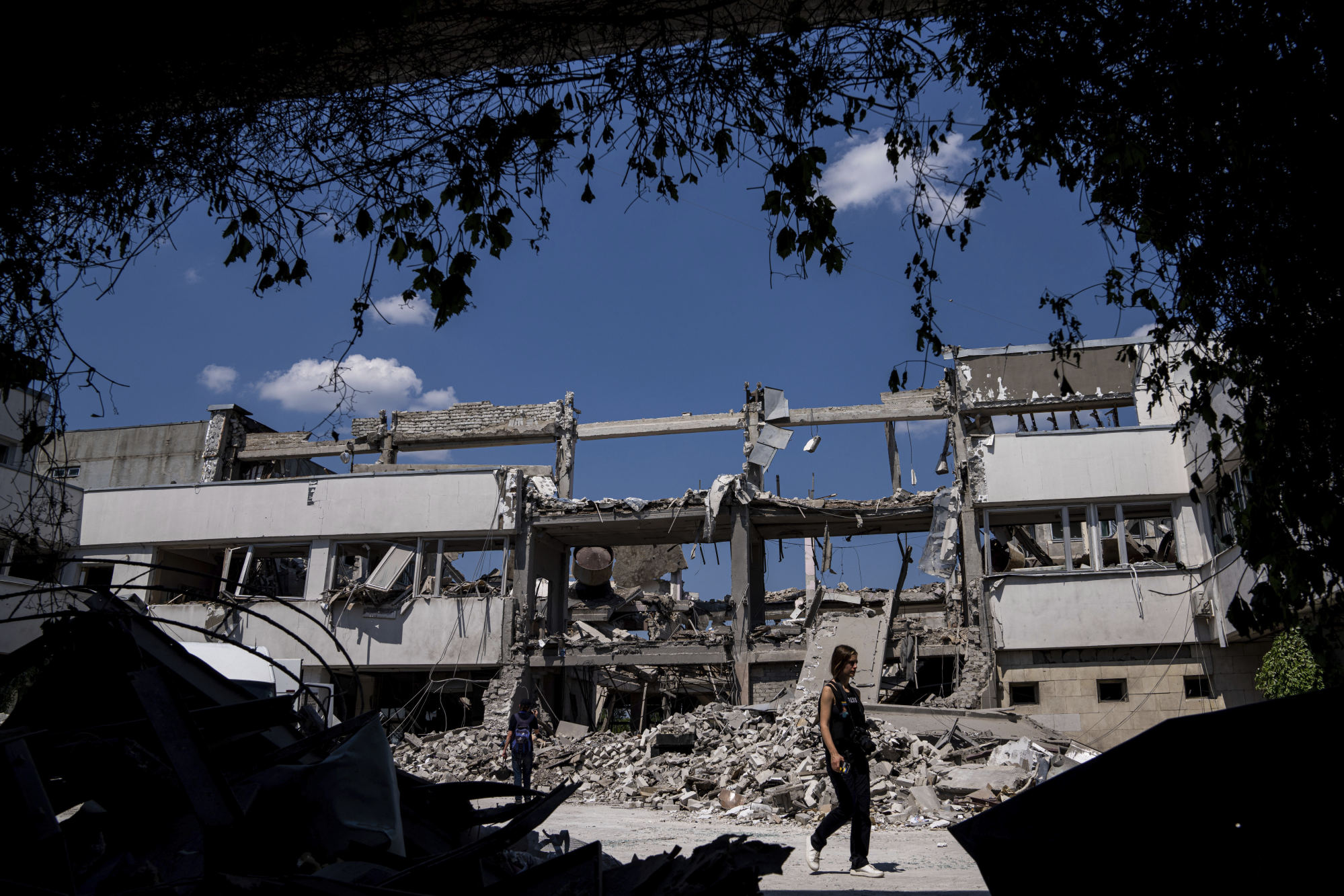
Why we cannot let journalism die: the Ukraine war highlights the importance of traditional news in a world dominated by social media influencers
- As more people look to social media as their primary source of information, events like the Ukraine war highlight the importance of traditional journalism
- Good journalists speak truth to power when lives are crushed in times of war and other catastrophes – influencers just tell us what to listen to and buy
Journalists get a bad press these days, and it often leads to cheap shots and vulgar insults. I’ve been called a sanctimonious windbag, a dirt-digging low life and a washed up, sad old hack – and that’s just by my wife and children.
I cannot argue with them. I’m a disreputable relic of a dishonourable profession spiralling towards its inevitable, ignominious death. No one reads newspapers any more and no one watches television news. People get their information and form their world views in different ways.

There are no pouting social media starlets flying out to the Donbas to post swimwear selfies from the frontline (more’s the pity). And the keyboard warriors bashing out unhinged conspiracy theories are tucked away behind the bedroom curtains of their parents’ homes.

It isn’t remotely safe and you wouldn’t catch me anywhere near the place. But proper reporters have filed a stream of compelling and profoundly moving testimony about a conflict that has unleashed barbarity on a scale we believed belonged to a previous century.
It’s a reality denied to the people of Russia, who haven’t even been told there’s a war on (it’s still a “special operation” until presumably it becomes a final solution), and a reality hidden from growing numbers of people in places where journalism is criminalised and news is replaced by government-doctored narratives.
In a world increasingly projected through cynically distorted filters, the blood-soaked tragedy of Ukraine demonstrates why good journalists still matter. They may be a dying breed, but they speak truth to power when lives and freedoms are crushed. We ignore and silence them at our peril.


